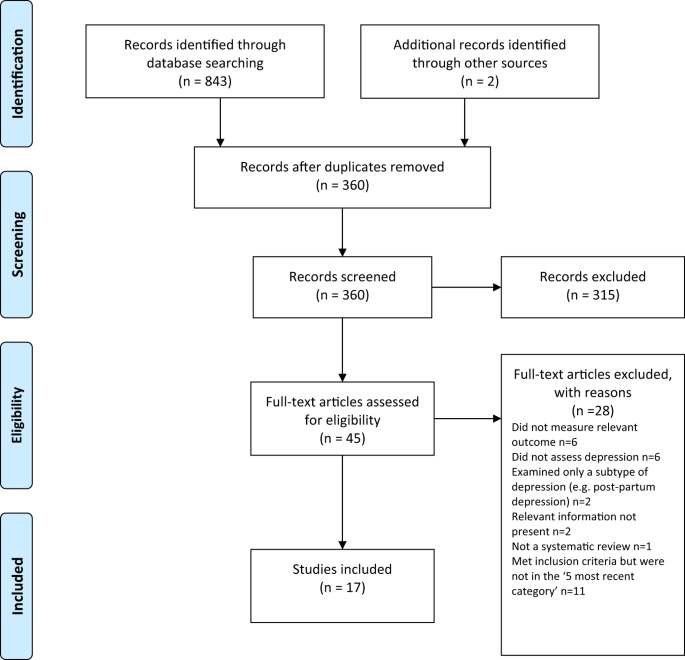- Joined
- Aug 16, 2019
- Messages
- 4,688
The New Study on Serotonin and Depression Isn’t About Antidepressants
Shayla LoveVice
22 Jul 2022
Excerpt:
In the original TV ad for the antidepressant Zoloft, a gray cloud hovers over a sad blob, rain falling on the blob’s dejected expression. “You know when you feel the weight of sadness,” a voiceover says.
The commercial lists the symptoms of depression, and explains that “while the cause is unknown, depression may be related to an imbalance of natural chemicals between nerve cells in the brain. Zoloft works to correct this imbalance. You shouldn’t have to feel this way anymore.”
The chemical the ad is referring to is serotonin, a neurotransmitter that does many things in the brain and has long been theorized to have something to do with the symptoms of depression. The slightly more complex version of the story that ad is alluding to goes that depression is caused by a “chemical imbalance,” or low or abnormal levels of serotonin, and that taking an antidepressant, or selective serotonin reuptake inhibitor (SSRI), by changing serotonin levels in the brain, makes a person feel better.
In the face of this story, it’s easy to understand how a new paper in Nature Molecular Psychiatry this week seemed like a bombshell. In a systematic review of studies on serotonin levels in people with depression, it found no evidence that depressed people had lower serotonin levels or abnormal serotonin activity compared to non-depressed people.


